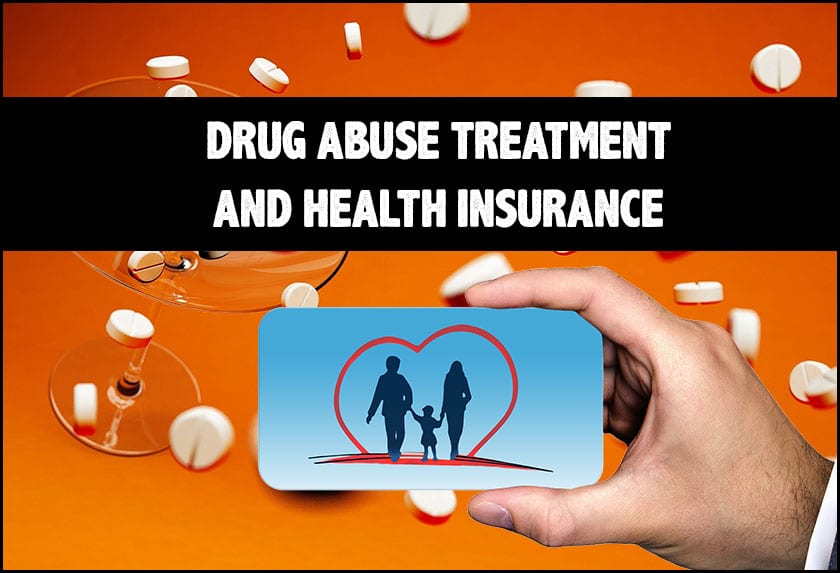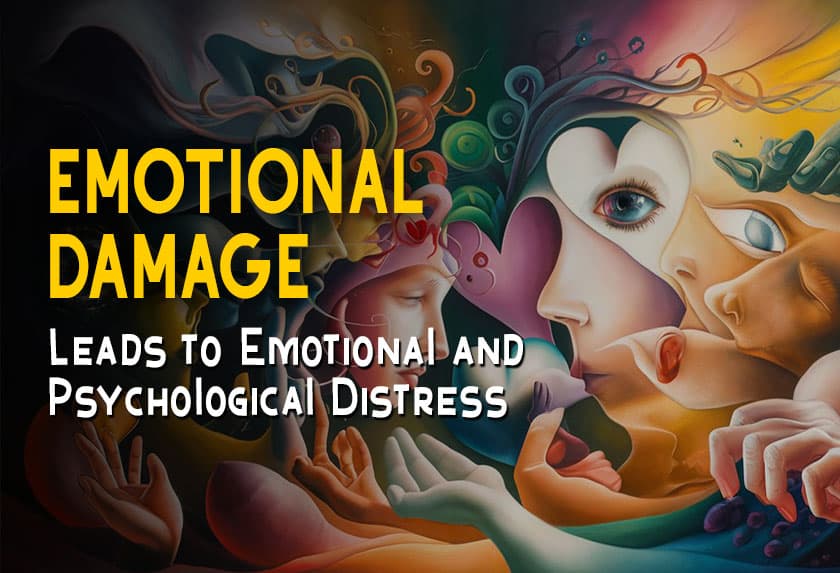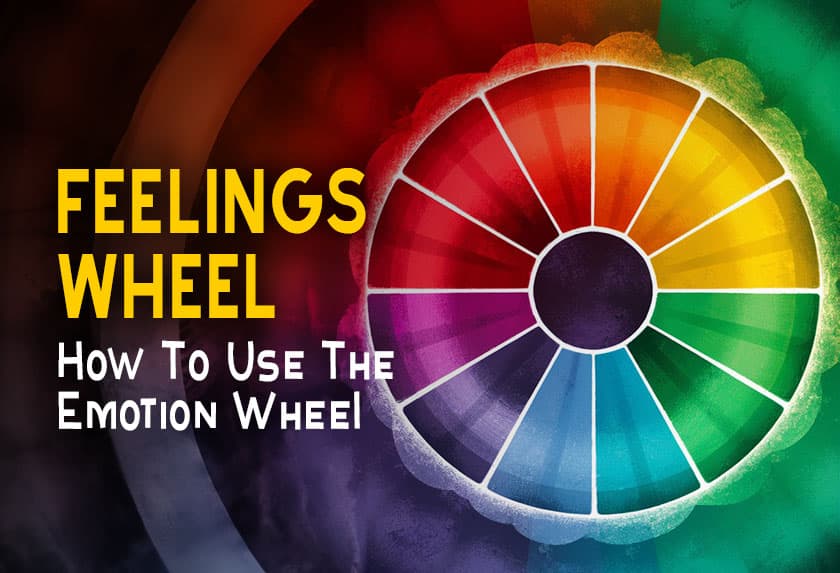There are more than 14,000 addiction treatment centers in the U.S. today, but many struggling with substance dependency don’t get the help they need. One reason is the perception that drug abuse treatment is out of budget for most Americans. While there was a time when rehab was limited to the rich and famous, changes in health insurance rules have made drug abuse treatment available to many more in need of support.
The Affordable Care Act and Drug Abuse Treatment
The Affordable Care Act went into effect in 2014 and changed the way insurance companies handled drug abuse treatment. The federal law required insurance providers to offer coverage for addiction treatment, listing substance dependency as one of the 10 essential benefits. In addition to offering the coverage, insurance companies cannot refuse coverage for treatment based on a pre-existing condition.
For those seeking help for an addiction, the ACA allows you to shop for insurance to cover drug abuse treatment. Because costs and coverage can vary from plan to plan, it is essential to compare different options to find the best coverage for your needs and budget.
Options in Drug Abuse Treatment Coverage
The regulations apply to private insurance companies as well as federally funded programs, allowing you to seek care based on any type of insurance you might qualify for at a given time. Options in drug abuse treatment coverage include:
1. Private Insurance
Under the Affordable Care Act, private insurance companies are required to offer coverage for drug abuse treatment. The only exception is grandfathered health plans, which were created before March 23, 2010. These plans are relatively rare today, although they may still be around in some group plans.
To understand your treatment coverage with a private insurance company, you must know the type of plan you have. Most plans involve a network of providers and you must use a provider within the network to receive your full coverage. You can find treatment centers as well as individual doctors that specialize in addiction treatment within these networks.
2. Medicare
Medicare is a government-funded insurance plan available to individuals who are 65 or older, regardless of income level. Some people with disabilities can also qualify for Medicare at any age. Medicare coverage is divided into different parts. Medicare Part A and Part B are considered Original Medicare and are available to everyone who is eligible for the Medicare program. Part D is optional and covers prescription medication, which may be helpful if you require pharmacotherapy to treat your addiction.
3. Medicaid
Medicaid is another government-funded source of healthcare coverage, which is based on income level. This program is specifically designed for individuals who cannot afford health coverage through other means. Although Medicaid plans are required to include drug abuse treatment, the type and amount of coverage can vary by state. You will also need to choose a doctor or facility that accepts Medicaid patients.
Types of Drug Abuse Treatment and Insurance Coverage
Drug abuse treatment is not a one-size-fits-all program. There are many different types of addiction treatment plans, so you can find one that is covered by your insurance and addresses your specific needs best. Some of your options might include:
1. Detox
Some addictions require a medical detox process to eliminate the substance from the body before treatment can begin. This process is carefully overseen by qualified medical staff in a designated facility to ensure the comfort and safety of the individual. A detox may be offered through a hospital or addiction treatment center. It is a common step for those with addictions like alcohol, opioids, and benzodiazepines.
2. Outpatient Addiction Treatment
Outpatient therapy is typically provided during daytime hours for those that need regular care but cannot commit to an inpatient facility due to cost or outside obligations. You may go to the facility two or three times a week or more. Most outpatient programs vary between three and six hours at a time.
Outpatient treatment features a structured schedule that usually includes both individual and group therapy sessions. You might also have alternative therapy options like equine therapy, yoga or meditation.
3. Inpatient Addiction Treatment
An inpatient treatment program is also known as residential care. As the name suggests, individuals live in the facility for a prescribed period of time, which usually ranges from one to three months. Inpatient is the most intense type of drug addiction treatment, offering a structured daily schedule for residents so they can focus solely on their recovery without outside distractions.
Inpatient facilities are usually located in a tranquil setting where residents can rest and rejuvenate while beginning their road to recovery. Centers are staffed by a full-time team of professionals who oversee various therapy sessions, monitor medical treatments and remain available for emergencies.
4. Medication
Some types of addiction are best treated by a combination of psychotherapy and pharmacotherapy. For example, medications like naltrexone and methadone are often used for opioid addictions. If you have drug coverage under your insurance plan, medications like these will likely be covered. Medicare members may also find their Medicare Part A covers medications administered while they are in the hospital.
Get Help, Get Coverage
If you are struggling with an addiction, now is the time to seek drug abuse treatment. If you have insurance coverage, find out what is included in your plan. If you don’t, shop around for insurance coverage that will help cover the cost of your addiction treatment.













